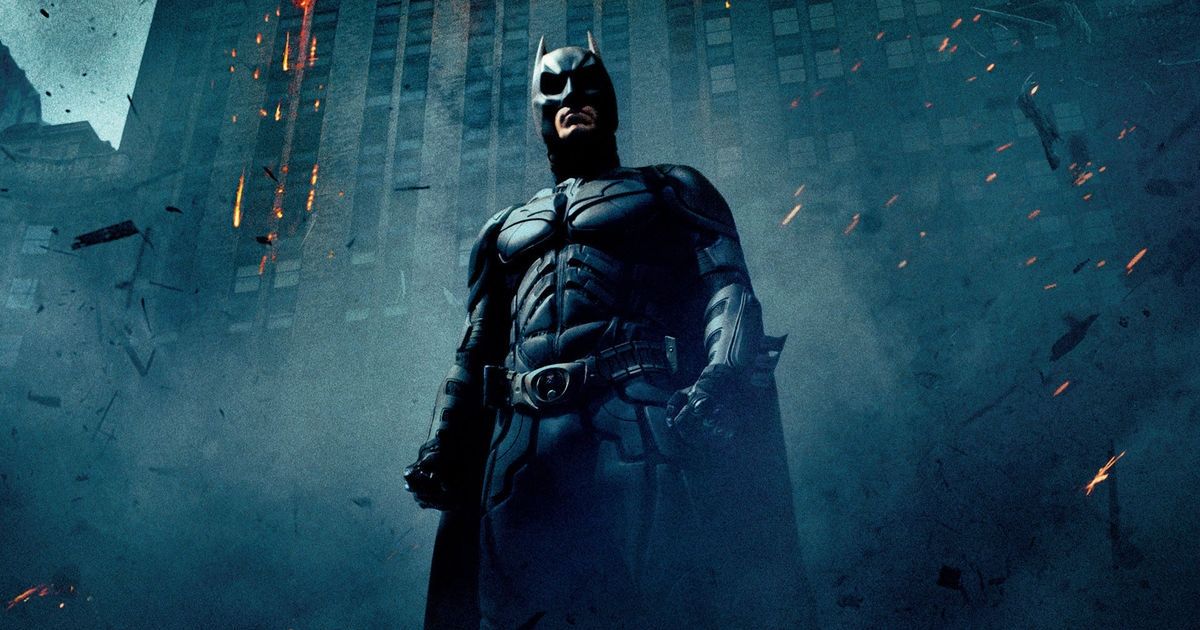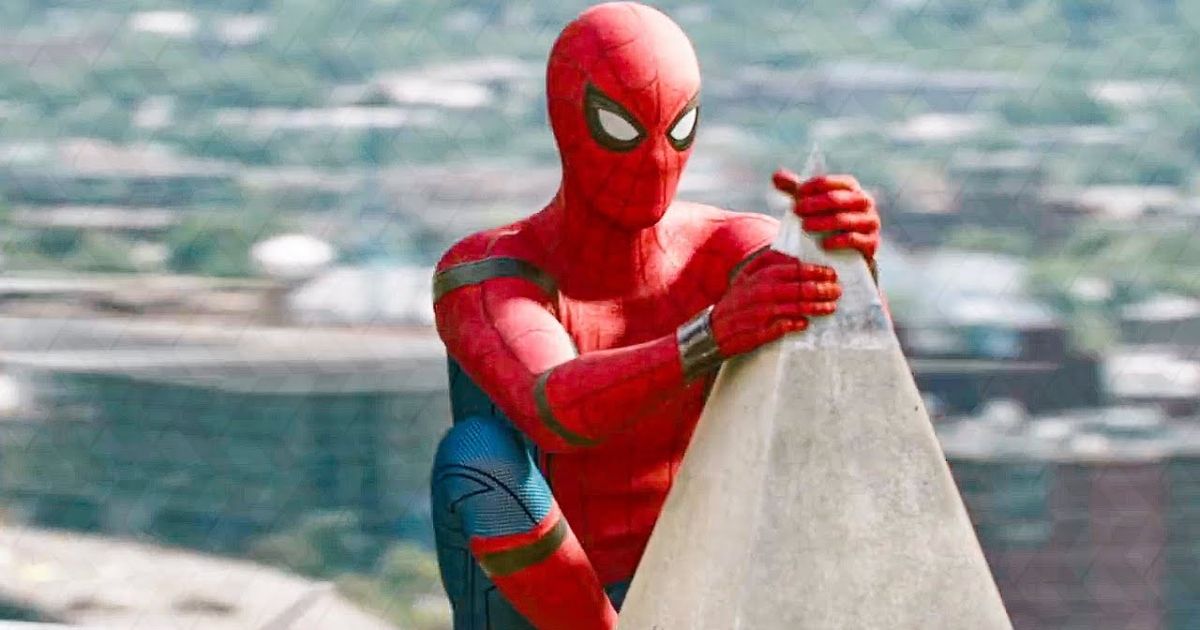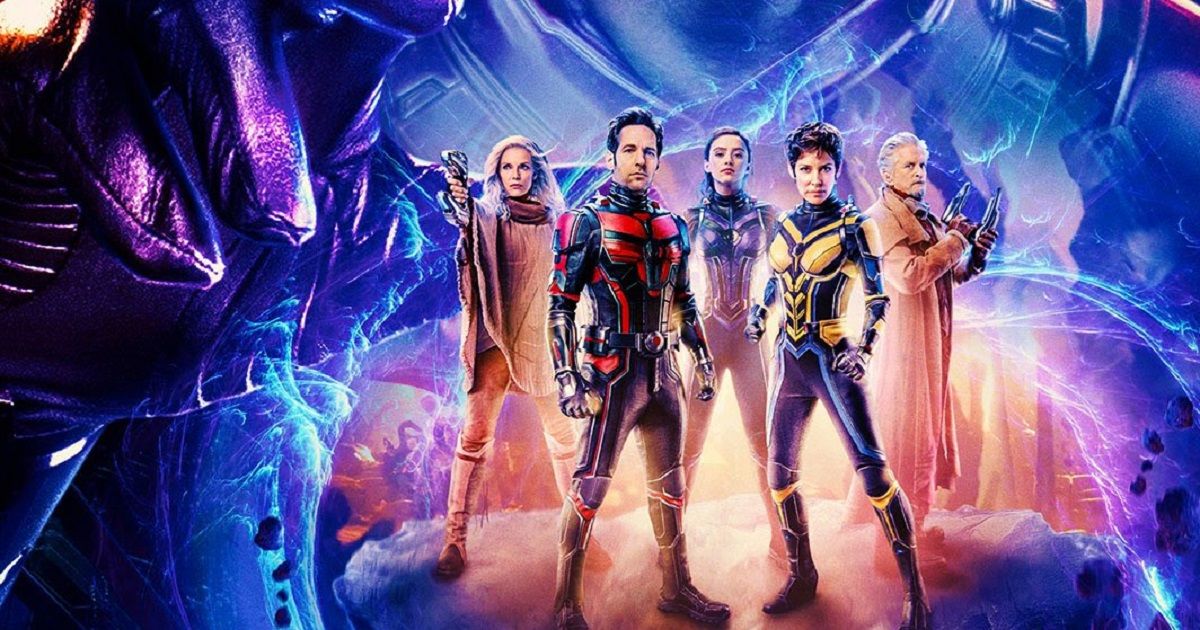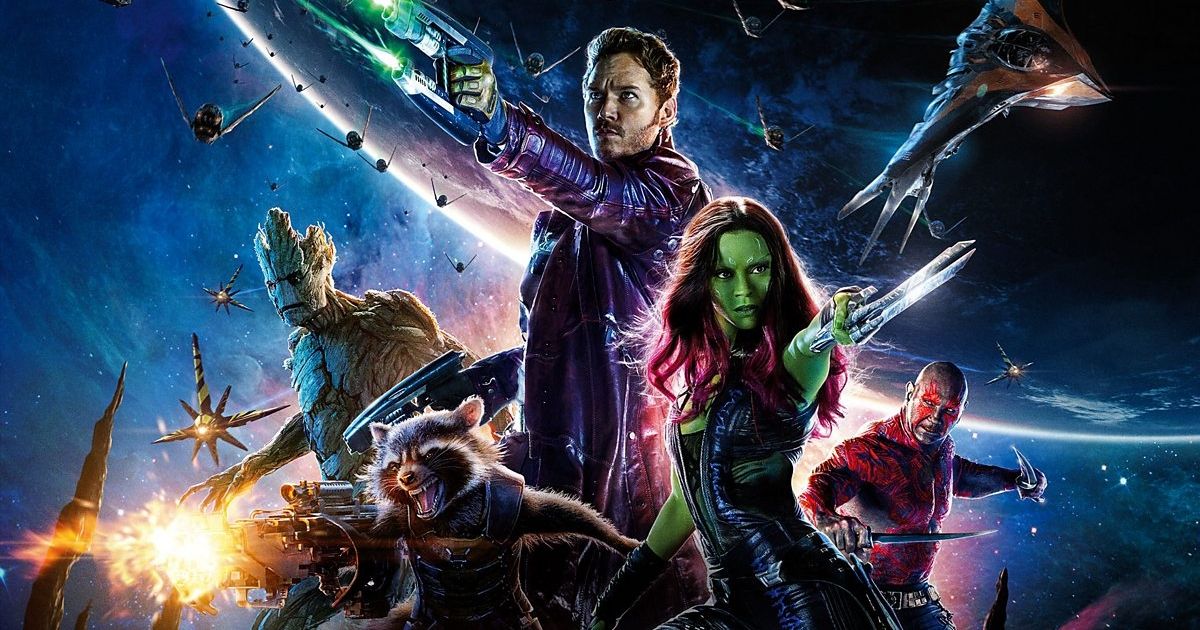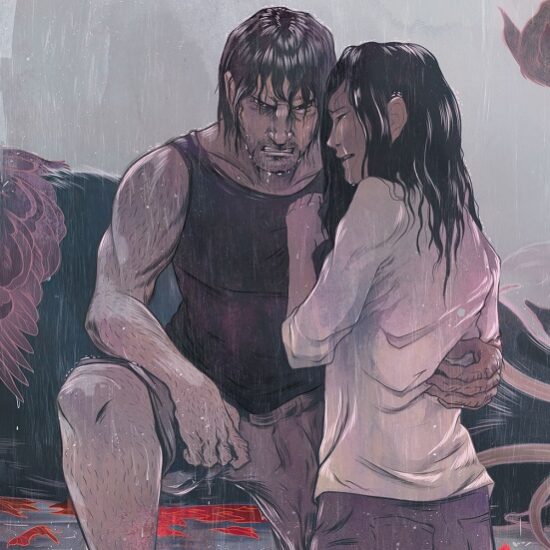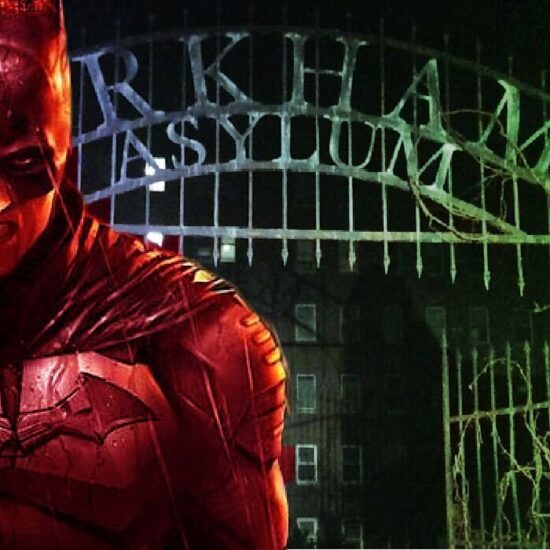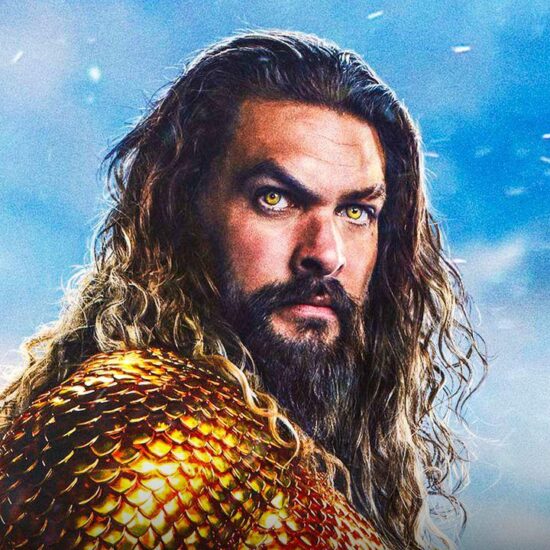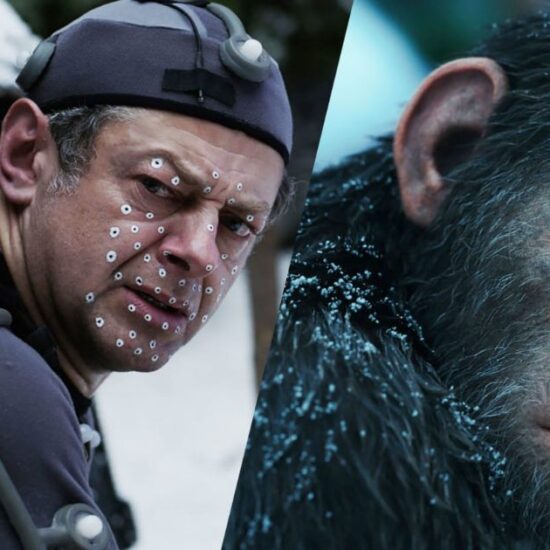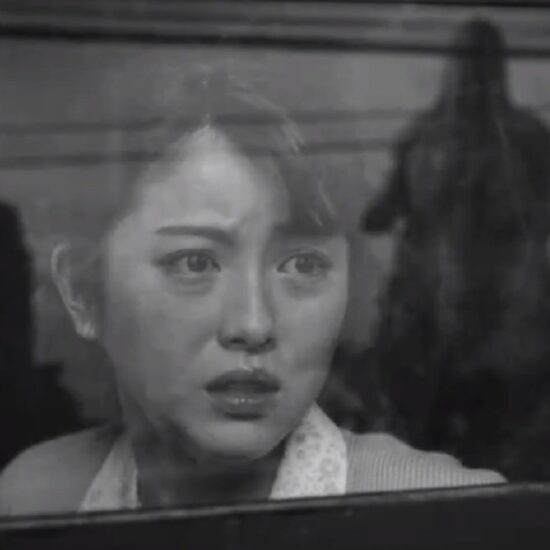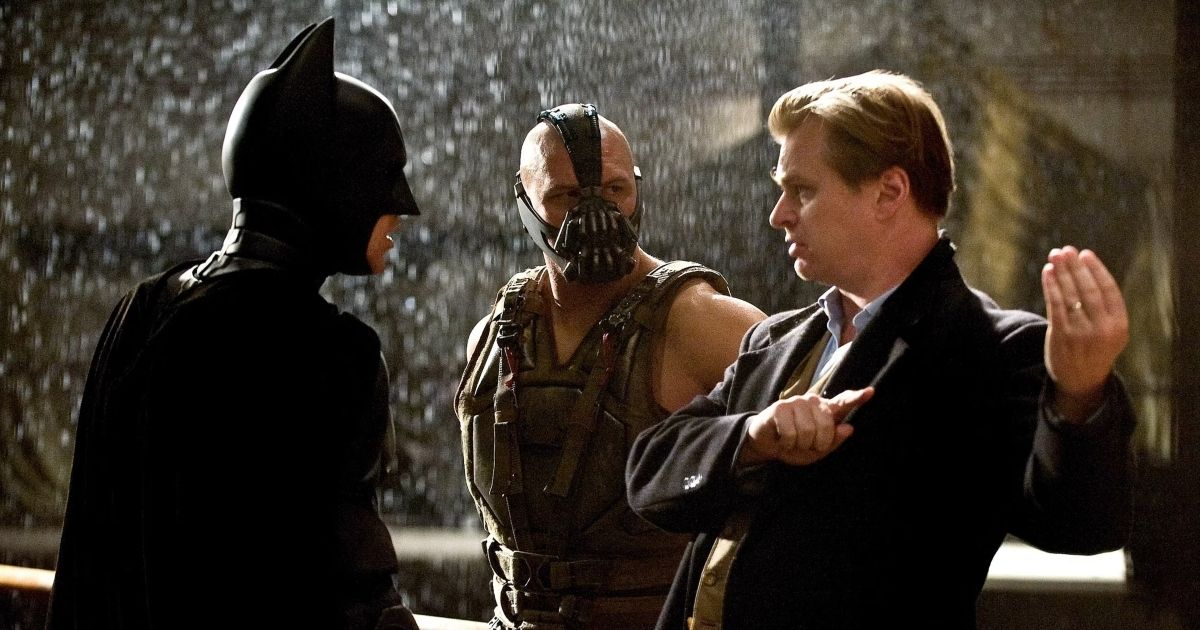
When it comes to movie franchises, trilogies are a beloved favorite. The setup is modeled after the classic three-act structure and gives a series of films an arc to appear as one bigger story. They also make for great box sets for home video releases. Superhero films are some of the most popular stories in the 21st century, there are plenty of superhero films and trilogies. Some even extended farther beyond trilogies into quadrilogies. Yet one interesting thing to note is how few directors actually get to complete their superhero trilogies.
There are numerous stories of filmmakers directing two superhero films before departing ahead of the third film which includes Richard Donner on Superman, Tim Burton on Batman, Bryan Singer on X-Men, and Joss Whedon on The Avengers. There are times when a third film never materializes due to underperformance at the box office and a trilogy remains unfinished as was the case with Guillermo del Toro on Hellboy or Marc Webb on The Amazing Spider-Man series.
Even recently, Patty Jenkins’ Wonder Woman 3 was scrapped by the new DC plans and it appears her trilogy will remain unfinished. It is unclear if Ryan Coogler will return for Black Panther 3, or if DC has plans to bring David F. Sanberg back for a Shazam 3 or James Wan for Aquaman 3.
Yet there are a few rare cases where one director does stay on for a superhero trilogy. This director lends a guiding hand to a franchise and can use the three films in their superhero trilogy to tell a grander story. These are the six filmmakers who actually got to finish their superhero trilogies.
Sam Raimi
After high-profile superhero directors like Richard Donner, Tim Burton, and Bryan Singer departed their superhero films after two entries, it just seemed like that was the fate for all superhero franchises. Yet Sam Raimi defied the odds and made the first superhero trilogy with his Spider-Man films.
It began in 2002 with Spider-Man, continued in 2004 with Spider-Man 2, and concluded in 2007 with Spider-Man 3. Raimi’s first two films were critically acclaimed and box office hits, and while Spider-Man 3 was still a box office hit the movie was less warmly received by fans and critics due to the film feeling overstuffed with too many characters.
Raimi’s Spider-Man trilogy in many ways quintessential Spider-Man, with the three films each pitting him against his most iconic enemies of Green Goblin, Doc Ock, and Venom all while showing a young man trying to navigate the world and be with the person he loves. Spider-Man was intended to extend beyond a trilogy with Spider-Man 4 but that film was canceled due to behind-the-scenes disagreements with Raimi and Sony Pictures and the film was morphed into a reboot: The Amazing Spider-Man.
Christopher Nolan
Christopher Nolan never seemed like a franchise filmmaker, but it is a franchise that launched him into a new level of success that he is still enjoying to this very day. What began with Batman Begins in 2005 led to The Dark Knight in 2008 and while the director was skeptical about a third film he returned in 2012 with The Dark Knight Rises which marked the conclusion of The Dark Knight trilogy. The film series was all well-reviewed and was a box office hit, with The Dark Knight being a cultural phenomenon and shattering box office records at the time. The Dark Knight trilogy is not only regarded as one of the best superhero trilogies but one of the best trilogies of all time.
Unlike every other superhero trilogy, The Dark Knight Rises was truly meant to be the end of the franchise. Nolan’s trilogy explores the origins of Batman, a traditional Batman story with him facing off against his greatest foe the Joker, and concludes with an epic battle for Gotham City. Nolan’s trilogy explores the idea of Batman as a symbol, one of fear but also of hope for the citizens of Gotham. Batman the character in the film, much like the icon of popular culture, is more than a man and will live on forever.
Zack Snyder
Zack Snyder’s superhero trilogy is sort of a Schrödinger’s cat situation where it exists but also does not exist. He originally had a five-film plan for the DCU that began with Man of Steel in 2013, continued with Batman V. Superman: Dawn of Justice in 2016, and then was supposed to continue in 2017 with Justice League. Justice League would be a middle point and lead to two Justice League sequels making a Justice League trilogy that also was part of a five-part story arc for Superman.
Snyder was removed from Justice League and the 2017 film released in theaters was far removed from his original vision. His director’s cut was finally released in 2021 titled Zack Snyder’s Justice League, and in many ways marked the end of Snyder’s vision of the DCU. While Snyder did not get to finish his five-part story, the three films he did release do serve as a trilogy for his version of Superman and the birth of the DCU.
Jon Watts
For all the Marvel Cinematic Universe franchises, none of the film series had ever had the same directors see the franchise through, as Iron Man, Thor, Captain America, and The Avengers were all done by multiple filmmakers. The MCU Spider-Man, however, was all overseen by filmmaker Jon Watts. The MCU Spider-Man trilogy includes 2017’s Spider-Man: Homecoming, 2019’s Spider-Man: Far From Home, and 2021’s Spider-Man: No Way Home.
Watt’s Spider-Man trilogy is very much an extended origin story for Peter Parker, that does skip the spider-bite but uses the three films as a coming-of-age story for Peter Parker where he goes from a kid at school and by the end finds himself in the classic Spider-Man set up. The light breezy high school nature of the series is very similar to the early Stan Lee/Steve Ditko comics and with the addition of Tobey Maguire’s Spider-Man and Andrew Garfield’s Spider-Man in the third entry it feels like a celebration of Spider-Man as a film character.
Peyton Reed
The most recent addition to this list is Peyton Reed, who directed all three entries in the MCU Ant-Man film trilogy. Reed was brought on as a replacement director after Edgar Wright dropped out of directing 2015’s Ant-Man, and has stayed on for the 2018 sequel Ant-Man and the Wasp and the most recent film 2023’s Ant-Man and the Wasp: Quantumania.
While many may want to downplay Reed’s contributions to the Ant-Maemphasizetainly has left a major impact. Notable each film tends to put the emphasis on one unique element of Ant-Man’s powers, with the first film having an interest in ants, the sequel playing up the different aspects of size changing, and the third movie delving into the quantum realm area of the franchise. Reed also put a great emphasis on family dynamics, likely a sign of his love for The Fantastic Four, which he was at one point set to direct in the 2000s.
James Gunn
The MCU concludes two trilogies in 2023, following Ant-Man is the wrap-up to The Guardians of the Galaxy franchise under director James Gunn. James Gunn launched the franchise in 2014 with Guardians of the Galaxy and continued in 2017 with Guardians of the Galaxy Vol. 2. Guardians of the Galaxy Vol. 3 is set to open in theaters on May 5, 2023, and will not only mark the end of the Guardians of the Galaxy trilogy but James Gunn’s time at Marvel Studios as he is now the co-head of DC Studios and is overseeing the new DCU.
Gunn himself almost did not get to finish his trilogy as in 2018 the director was fired by Disney due to some old offensive tweets the director had made in the early part of his career that had resurfaced. Gunn was rehired in 2019 and Guardians of the Galaxy Vol. 3 was put back on track. While it did not meet its original 2020 release date as part of the kick-off to Phase 4 it will now be part of Phase 5 and hopefully serve as a fitting end to this beloved series.







